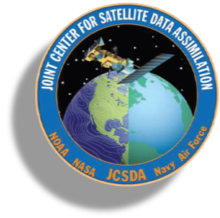The JCSDA is excited to announce the first public release of JEDI-MPAS to the community.
JEDI-MPAS is a multi-component software package that provides everything that is needed to run data assimilation applications for the atmospheric core of the Model for Prediction Across Scales (MPAS). The National Center for Atmospheric Research (NCAR) and the JEDI core team jointly develop JEDI-MPAS.






